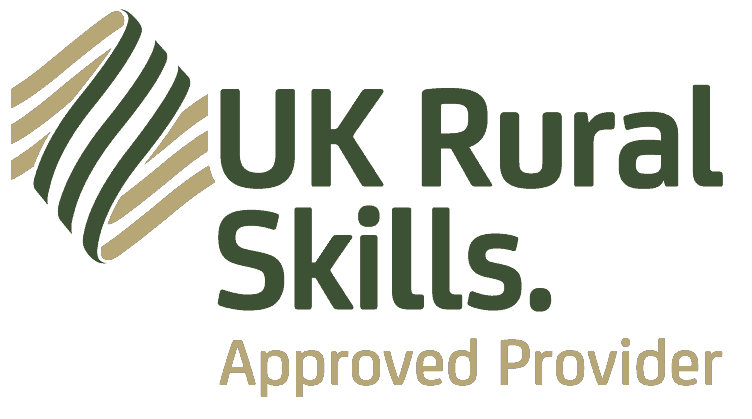What really makes a clinical animal behaviourist?
There are so many professions in the equine industry; just as farriers, dentists and vets are all trained and highly knowledgeable in specific areas of animal care and welfare, so are behaviourists.
Behaviourists are the professionals out there that you should call on to work with you through your equine, feline or canine (etc) behavioural issue.
Why?

Because animal behaviour can be affected by health, physiology, environment, individual history, genetics and more – all things that qualified Animal Behaviourists have studied and attained in-depth knowledge about.
Therefore animal behaviour issues are considered clinical matters, which the Veterinary Surgeons Act 1966 states only vets may treat, or grant permission for associated professionals to treat in animals. This means if an unqualified individual helps you through your animal’s behavioural problems there could be legal consequences if the advice they gave you is found to be unfit or accurate.
Properly qualified Animal Behaviourists work alongside your vet and animal health care team to create behaviour modification/structured treatment plans to address all areas of your animal’s life to resolve the presenting issue.
The College of Animal Welfare states, to become a Clinical Animal Behaviourist, “You will need to be educated to degree level or higher in areas specific to clinical animal behaviour including ethology, learning theory, human psychology, animal welfare, ethics and clinical case studies” in order to be working at Clinical Animal Behaviourist level, and the Animal Behaviour Training Council states that to become a clinical behaviourist you should “[…] know how to effectively modify the behaviour of animals that are demonstrating all types of undesirable, inappropriate, problematic or dangerous behaviour, including those with a potential link to pathologies that require diagnosis in collaboration with a veterinary surgeon”.
Here at the NAC, we know that behavioural practice is much more in-depth than simply adjusting a training problem. That’s why we run species-specific animal behaviour courses to provide education on the application of a species’ ethology to better understand their behaviour.
How do I know if I need a clinical animal behaviourist?
At any sign of abnormal, difficult or troubling behaviour, you should contact your vet. When it is deemed that there is no direct medical cause for the behaviour (e.g. lameness, abscess, kissing spines, nutritional deficiencies, etc.), a behaviourist is the go to – just like you would get a farrier or trimmer to sort your horse’s hooves, a behaviourist should be the only professional to help you with your horse’s behaviour.
If you’re looking to train your horse to do something new then a trainer who uses your horse’s preferred methods would be your go-to, but if you’re looking to stop your horses from performing an undesired, abnormal or dangerous behaviour, then a Clinical Animal Behaviourist is the one you need.
(All statements are applicable to animals of any species)
How do you become an animal behaviourist?
You can find out more about how to become a qualified behaviourist by signing up to our email list for the latest news on our upcoming provision of recognised courses:
https://naturalanimal.wpengine.com
If you’re looking for a behaviourist then you can find a list of esteemed qualified individuals at on the ABTC website:





